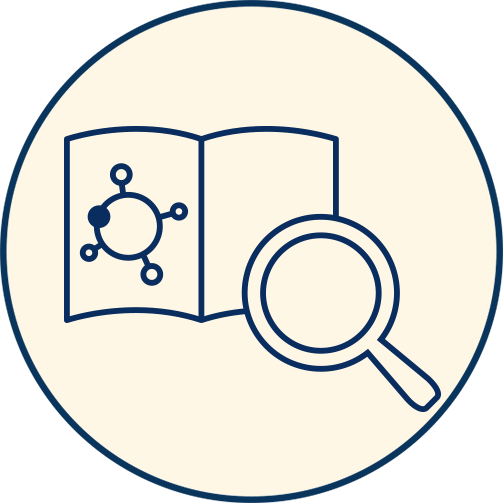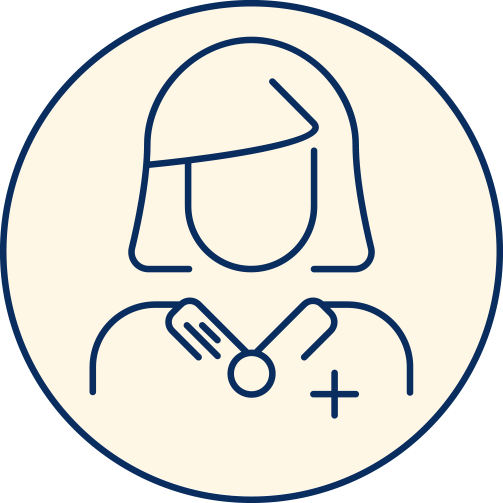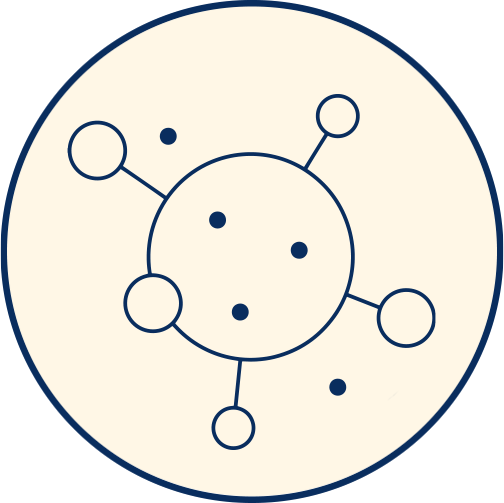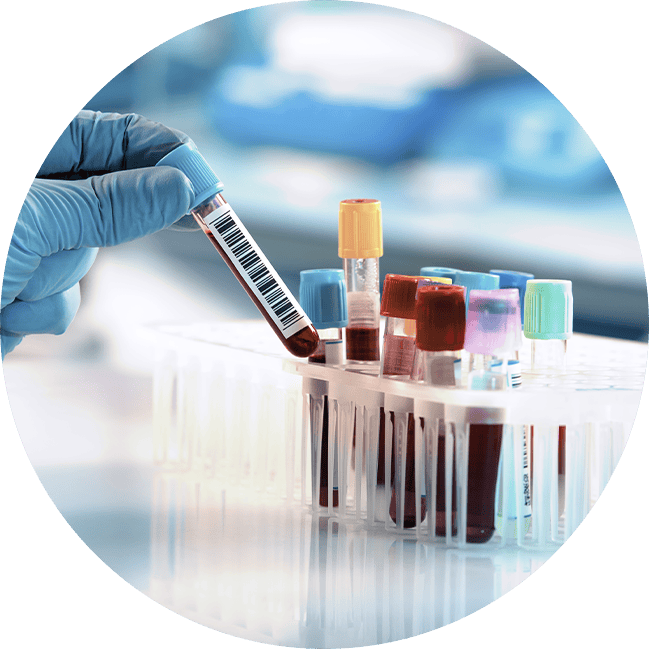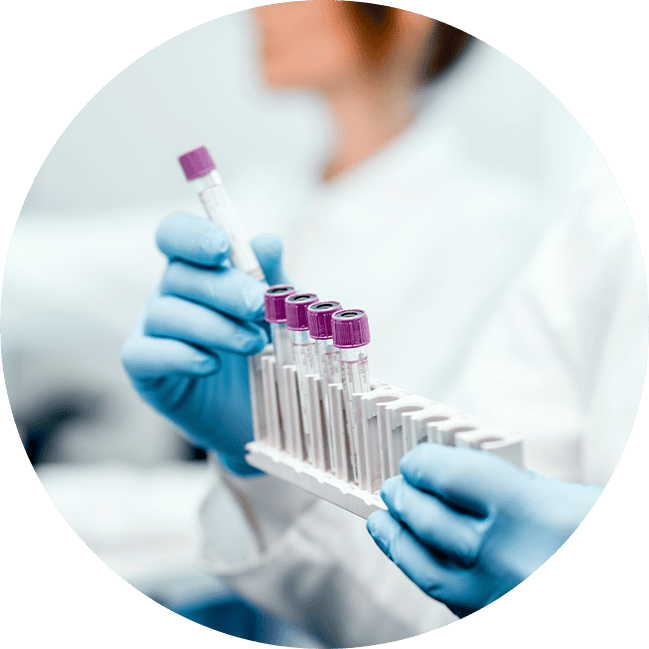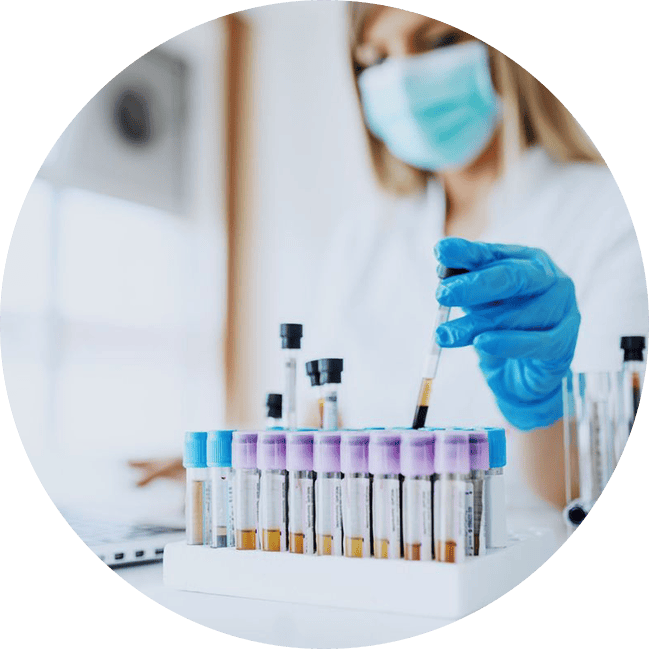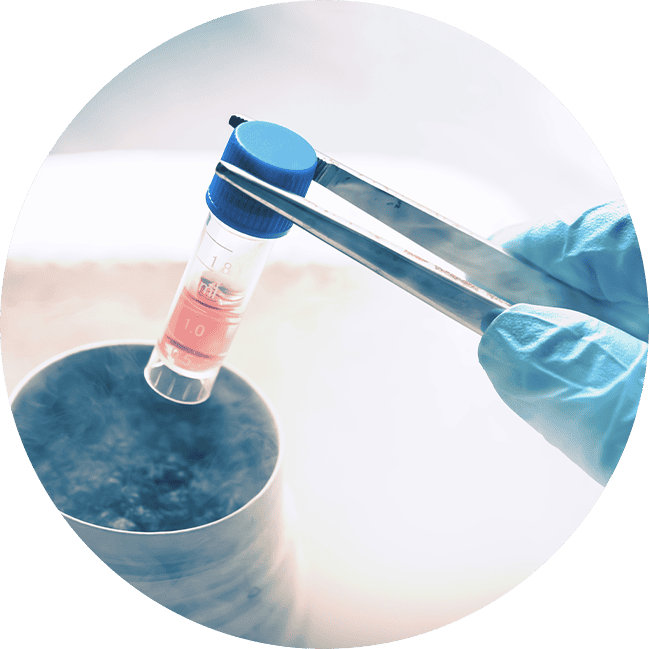How does aCGH work?
array Comparative Genomic Hybridization (aCGH) is a molecular cytogenetic method that scans the genome for any alterations in a rapid manner.
The aCGH examines the malfunctioning chromosomes in the patient, with the DNA of the patient compared to that of the control DNA.
It analyzes the differences between a patient's DNA and the reference control DNA and provides unique and personalized chromosomal analysis results.
The process involves isolating circulating tumor cells (CTCs) from blood, extracting their DNA, and analyzing genetic characteristics through molecular assays and spectrophotometry.



